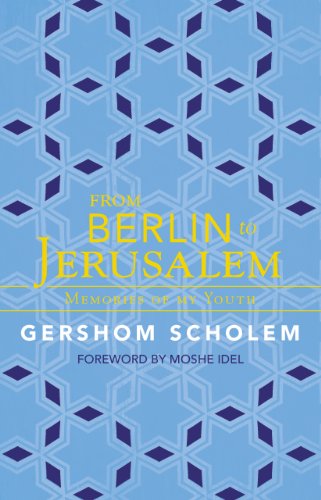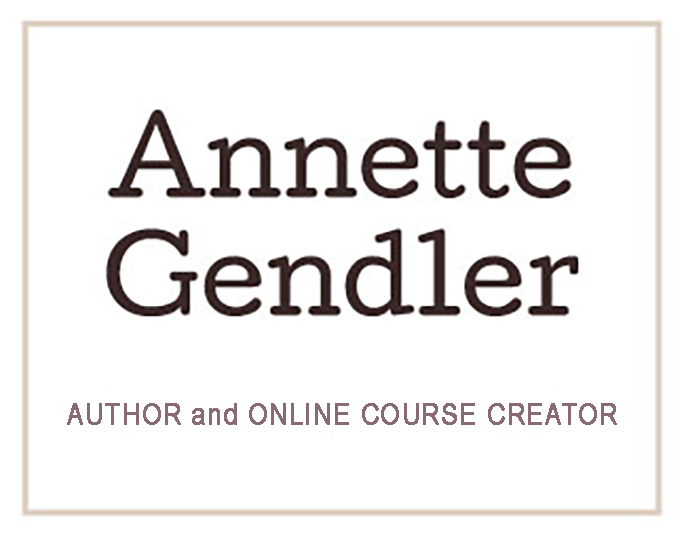 I first learned about Gershom Scholem when I read Thomas Sparr’s excellent portrait of German Jerusalem: The Remarkable Life of a German-Jewish Neighborhood in the Holy City. (If you’re interested in how modern Jerusalem came about and the group of German intellectuals who made the neighborhood of Rehavia their home, I highly recommend that book.)
I first learned about Gershom Scholem when I read Thomas Sparr’s excellent portrait of German Jerusalem: The Remarkable Life of a German-Jewish Neighborhood in the Holy City. (If you’re interested in how modern Jerusalem came about and the group of German intellectuals who made the neighborhood of Rehavia their home, I highly recommend that book.)
Gershom Scholem was not an ardent political Zionist, and he grew up in a rather assimilated and well established Jewish family in Berlin.
Yet, in 1923, at the age of 25, Scholem left the cultural mecca of Berlin and moved to fledgling Jerusalem. Who does that? I asked myself.
Who is that prescient? And who dives into teaching himself Hebrew, when he’s not familiar with Jewish liturgy, and before it was the language of Israel? Who goes to find himself a Talmud teacher when he does not aspire to become a rabbi nor a student in a yeshiva? In From Berlin to Jerusalem, the memoirs of his youth, Scholem provides the answer.
In this short book, he brings to life the Jewish Berlin of the early 20th century, particularly the WWI era.
It is remarkable to read about World War I in the moment, without the shadow of World War II. With compelling immediacy rather than the wisdom of hindsight, Scholem portrays the various personalities he meets and the social circles he moves in as they discuss the grand ideas of the century: socialism, communism, nationalism, militarism, and for the Jews, Zionism. The rising tide of anti-Semitism lurks in the background.
The reader encounters German Jewry, in Berlin and other cities, before it was destroyed in the Holocaust.
We meet luminaries like S. J. Agnon, before he is S. J. Agnon. Martin Buber becomes a mentor to Scholem, Walter Benjamin a close friend.
Written in the 1970 towards the end of his life, Scholem does sometimes deftly flash forward, disclosing how this or that friendship, or this or that personality, fared later on. There is, for example, a smashing portrait of Zalman Shazar, one of his roommates in Berlin, who went on to become the third president of Israel.
After WWI, towards the end of which he briefly served, and the rest of which he spent in Switzerland, Scholem abandons his studies of high math and devotes his considerable intellect to studying and codifying the Kabbalah. He becomes, in 1923, the first professor of Jewish Mysticism at Hebrew University in Jerusalem. Sadly, his father, who had disapproved of his son’s pursuit of Judaic Studies as a “breadless art,” did not live to see that.

Sounds like quite a read.